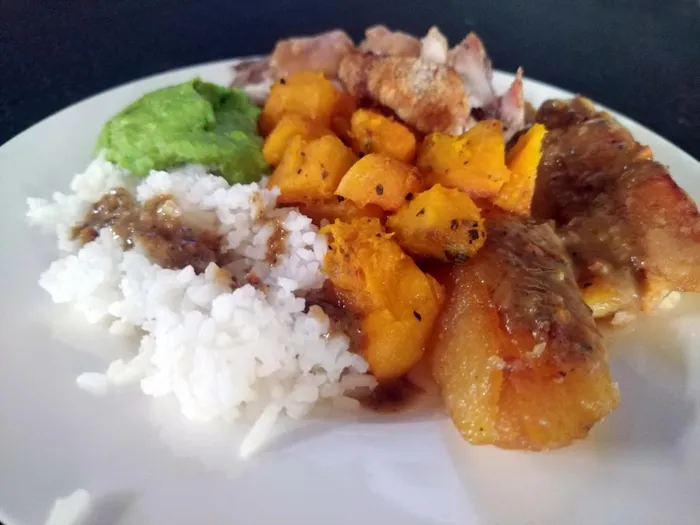
Food inflation is starting to slow, offering consumers some relief.
Image: Nicola Mawson | IOL
Cash-strapped South African consumers can finally breathe a sigh of relief as food price increases that have been hammering household budgets showed signs of slowing in August, helping push inflation down to 3.3% from July's painful 3.5%.
The good news for shoppers?
Statistics South Africa data shows grocery price increases slowed from a brutal 5.7% in July to a more manageable 5.2% in August.
The consumer price index actually dropped by 0.1% month-on-month, meaning some items did cost slightly less than in July.
The main drivers of the 3.3% annual inflation rate were housing and utilities, while and food and non-alcoholic beverages remained at a higher price point.
Some relief came from key staples where price increases slowed dramatically. Old Mutual chief economist Johann Els says vegetables actually dropped 3.1% in a single month, while cereal products fell 0.3%.
Meat price increases – which have been climbing an average 2.3% monthly – slowed to just 0.4% growth, said Els.
But there's a catch – the reason food prices are cooling isn't entirely good news.
Investec chief economist Annabel Bishop explains that processed food prices tumbled 0.6% because of "weak demand". This could mean that South Africans are buying less because they can't afford it.
While consumers will welcome the lower food inflation, the weak demand Bishop mentions reflects the broader economic challenges South African households are facing.
Based on Statistics South Africa's latest data on economic growth of 0.8% in the second quarter, economists are now putting full-year gains at anywhere between 0.9% and 1.2%.
This compares badly with National Treasury's expectations of 1.4% – and even that figure is nowhere near the 3% Operation Vulindlela is aiming for this year.
At the petrol pump, motorists caught a small break with fuel prices dropping 28 cents per litre in August.
Bishop says September saw little change but warns drivers should brace for a 16-cent hike building for October.
However, core inflation – which excludes volatile items like food and fuel – edged up from 3.0% to 3.1%, suggesting underlying price pressures remain.
Els says this was "in line with expectations" while Dr Elna Moolman, Standard Bank Group head of South Africa Macroeconomic Research, notes that "inflation remains quite benign, even though we foresee a slight increase in inflation in the coming months”.
The inflation figures come as economists had predicted that the South African Reserve Bank (SARB) would maintain interest rates at 10.5% at its next meeting.
Bishop believes "the SARB is still only likely to deliver a 25bp cut tomorrow, and not a full 50bp move, but the chance will grow for 25bp in November".
Els remains more cautious about rate cuts, saying the softer inflation "raises the probability of a SARB rate cut at tomorrow's meeting closer to around 50%.
“My base case remains for no change," said Els. He previously said he expects rates to remain unchanged, potentially through to 2027.
For consumers hoping for interest rate relief to ease the burden of debt servicing costs, Moolman says that while "this benign inflation will give scope for the Reserve Bank to give further interest rate relief," it's "quite difficult to pinpoint the timing of such relief, especially given the Reserve Bank's new goal to anchor inflation and expectations around the floor rather than the midpoint of its 3-6% inflation target."
Bishop notes that August's outcome "was closer to the new 3% year-on-year inflation target announced by the Monetary Policy Committee at the end of July, with July's inflation lift to 3.5% year-on-year a temporary outcome."
Els has previously said that while inflationary conditions have improved modestly, overall economic growth remains subdued, which continues to impact consumer confidence and spending power across the economy.
IOL Business